Animals with Lengthy Sleep Habits
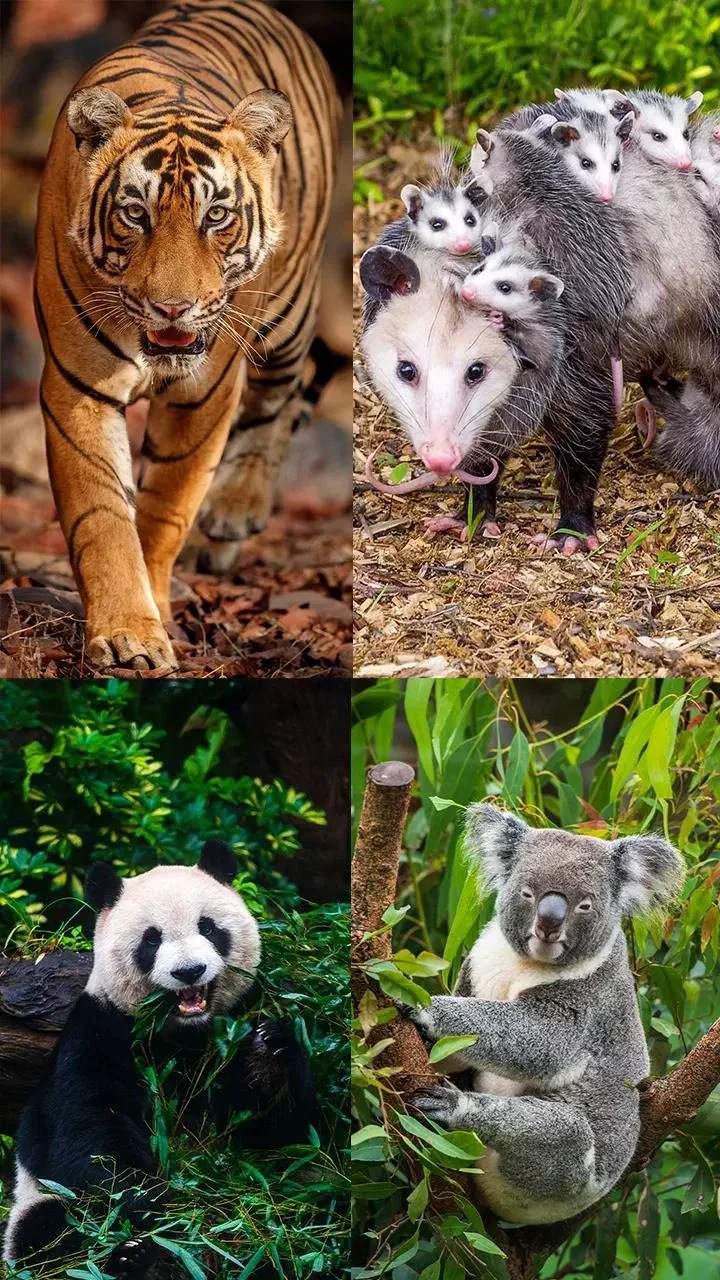
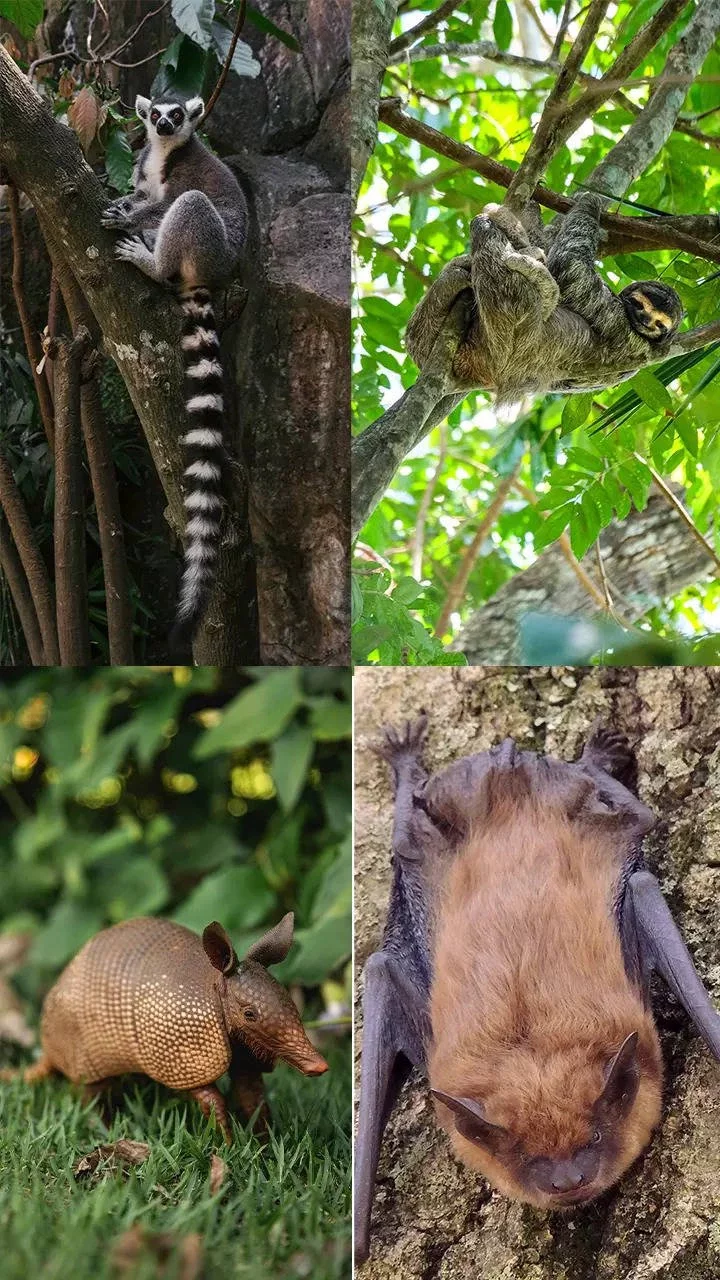
Many animals have evolved to sleep for extended periods, up to 20 hours a day, often as a strategy to conserve energy or aid digestion. Here are some notable examples:
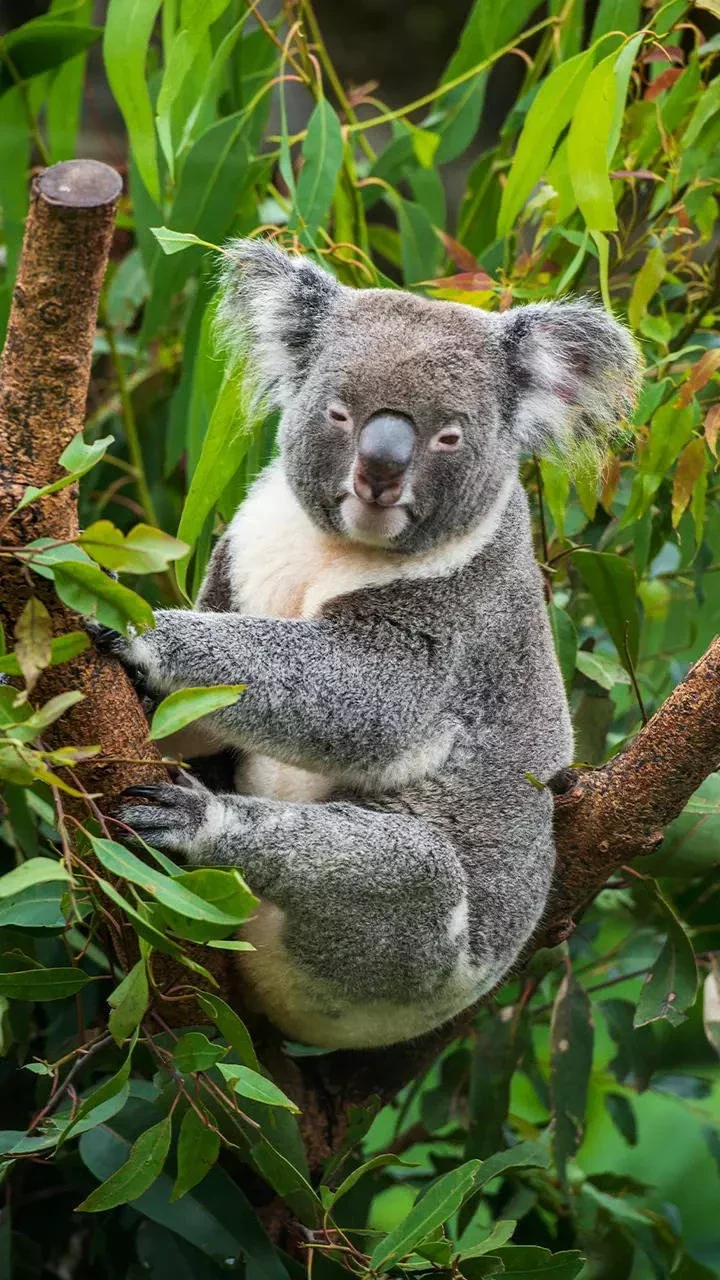
Koalas
These Australian marsupials sleep up to 20 hours daily. Their low-energy diet, mainly eucalyptus leaves, requires extended rest for efficient digestion.
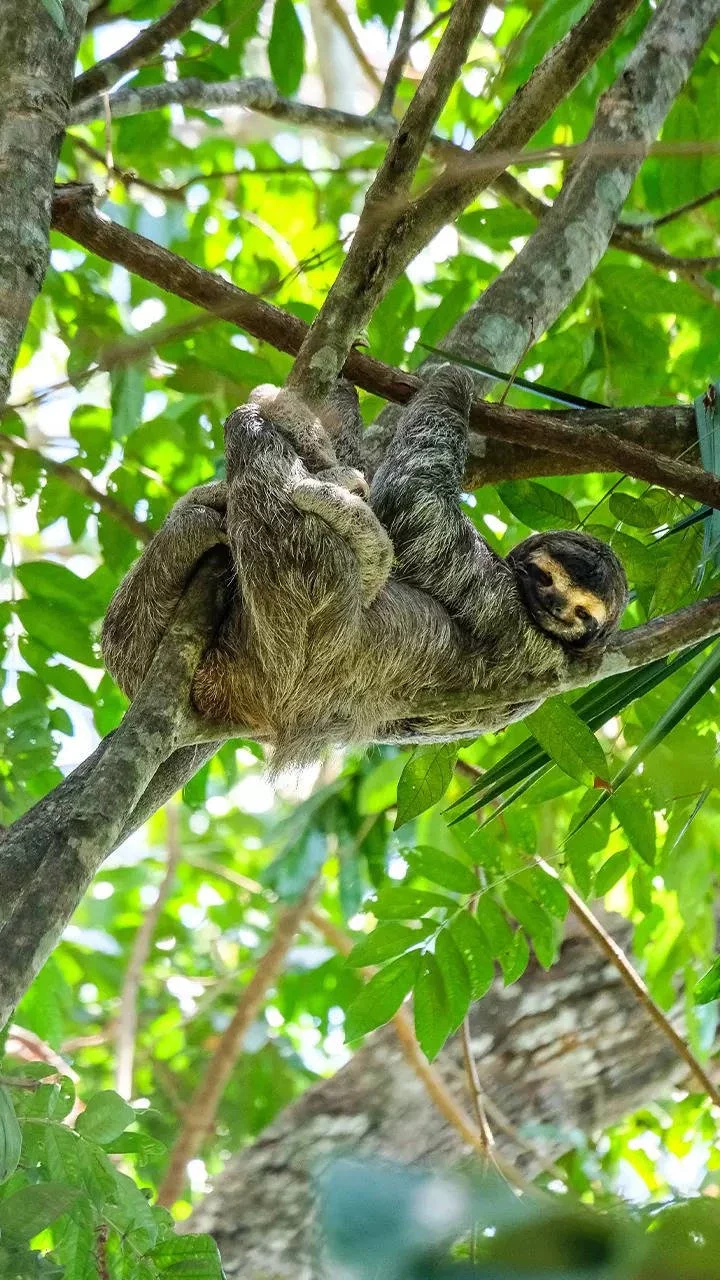
Sloths
Inhabiting rainforests, sloths sleep about 15 to 20 hours. Their slow metabolism and sedentary lifestyle necessitate long sleep durations for energy conservation.
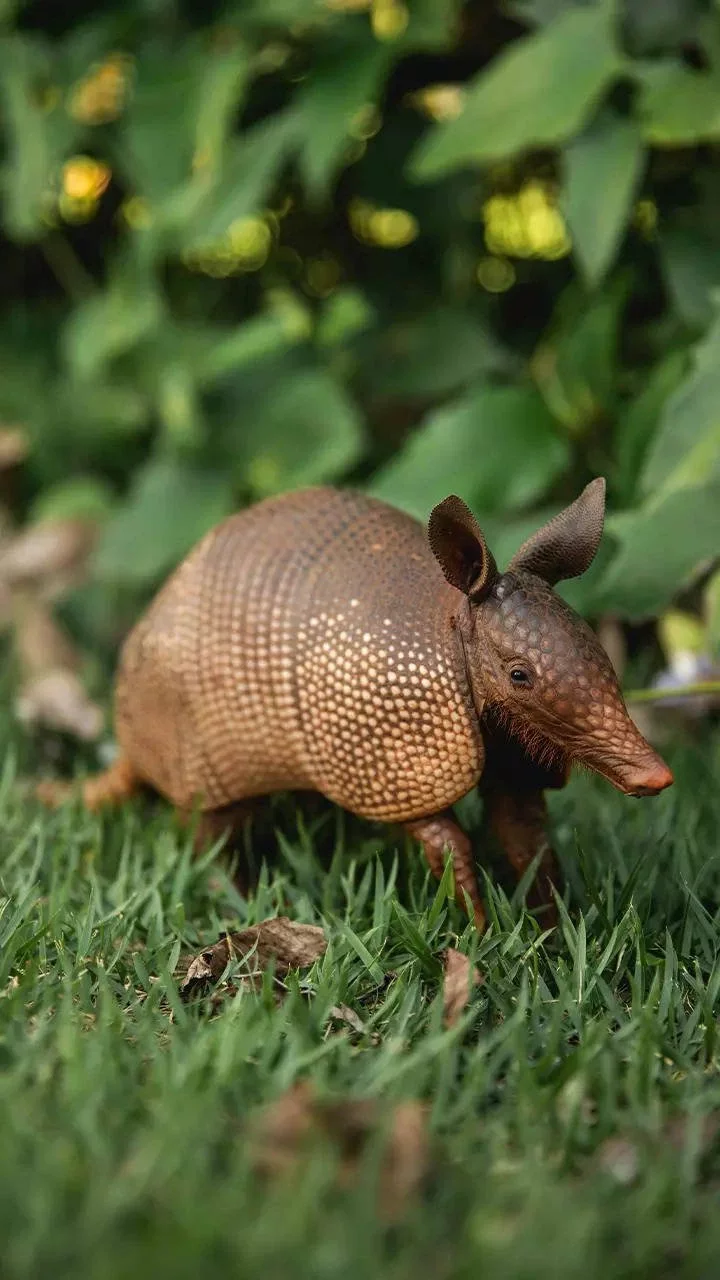
Armadillos
Armadillos, particularly the nine-banded species, sleep for 18-19 hours. Their nocturnal nature and burrowing habits contribute to their extensive sleeping patterns.
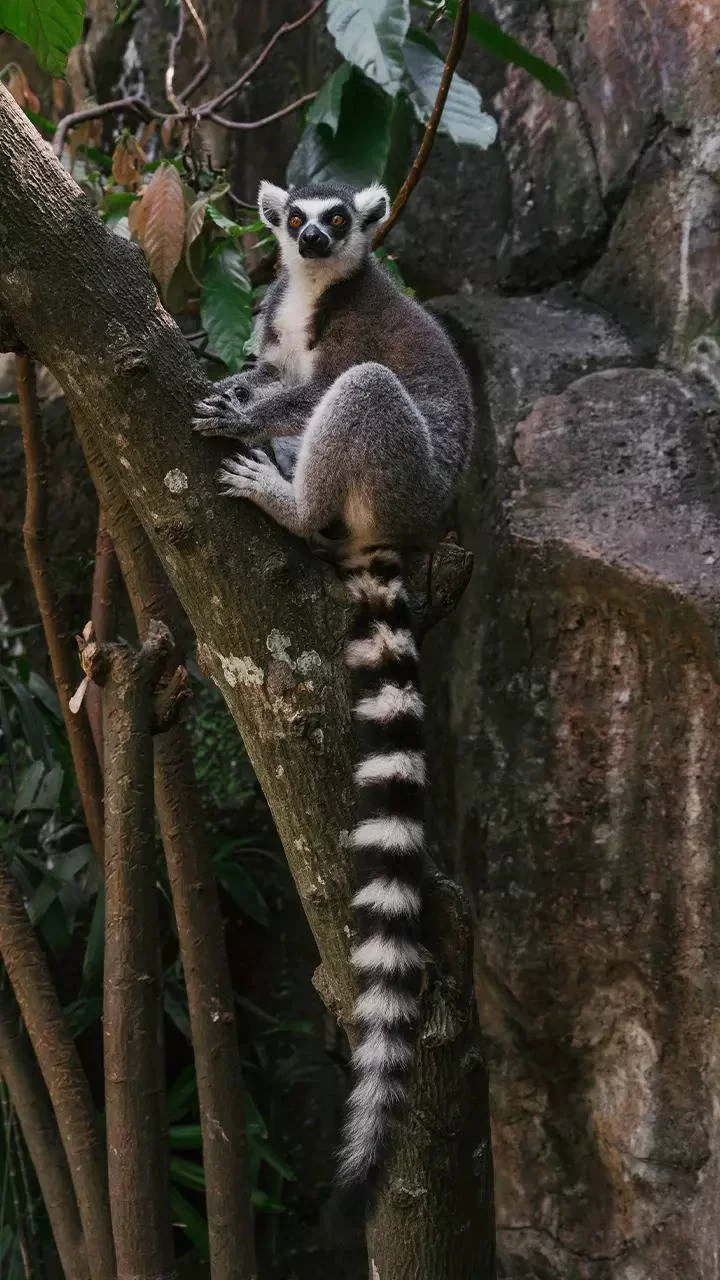
Lemurs
Lemurs, especially the nocturnal species, can sleep around 16 to 20 hours. Their sleep patterns help conserve energy in their native habitat, Madagascar's fluctuating environment.
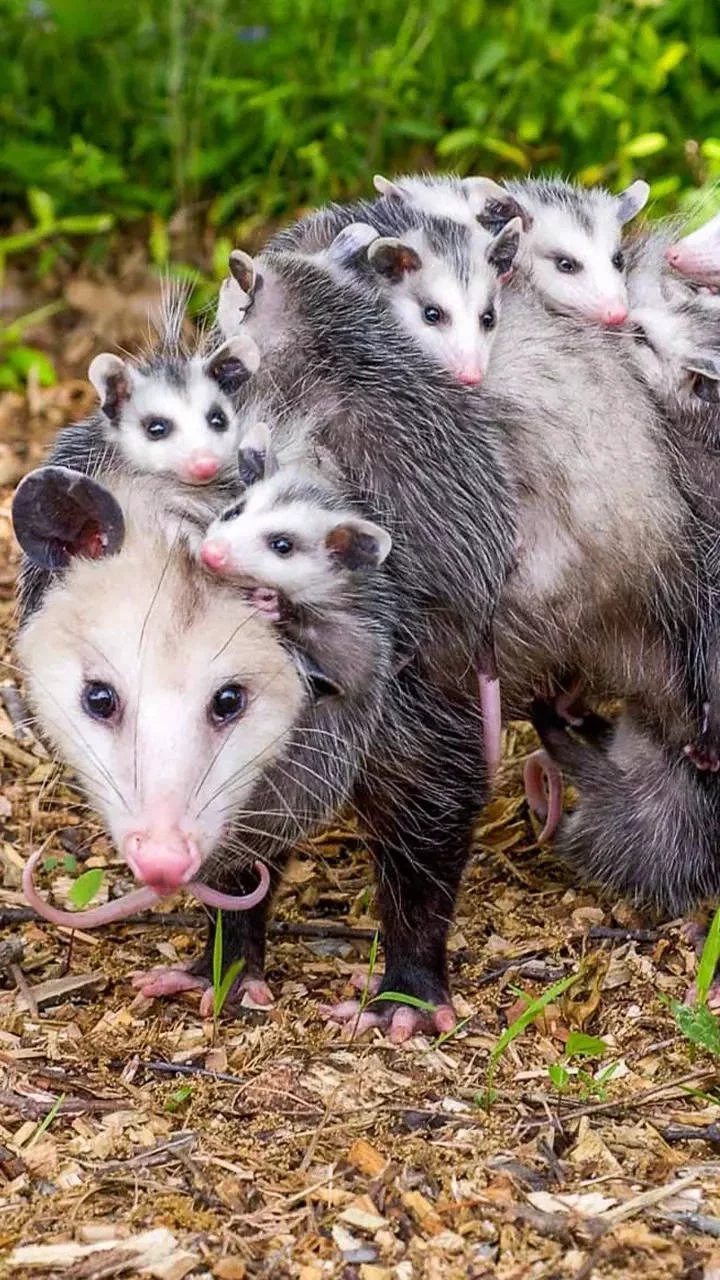
Opossums
Native to North America, opossums sleep up to 20 hours. Being nocturnal, they rest during the day in burrows or tree hollows.


Little Brown Bats
These bats sleep for 19-20 hours. Their hibernation-like state, called torpor, helps conserve energy, crucial for their night activities and survival in various climates.
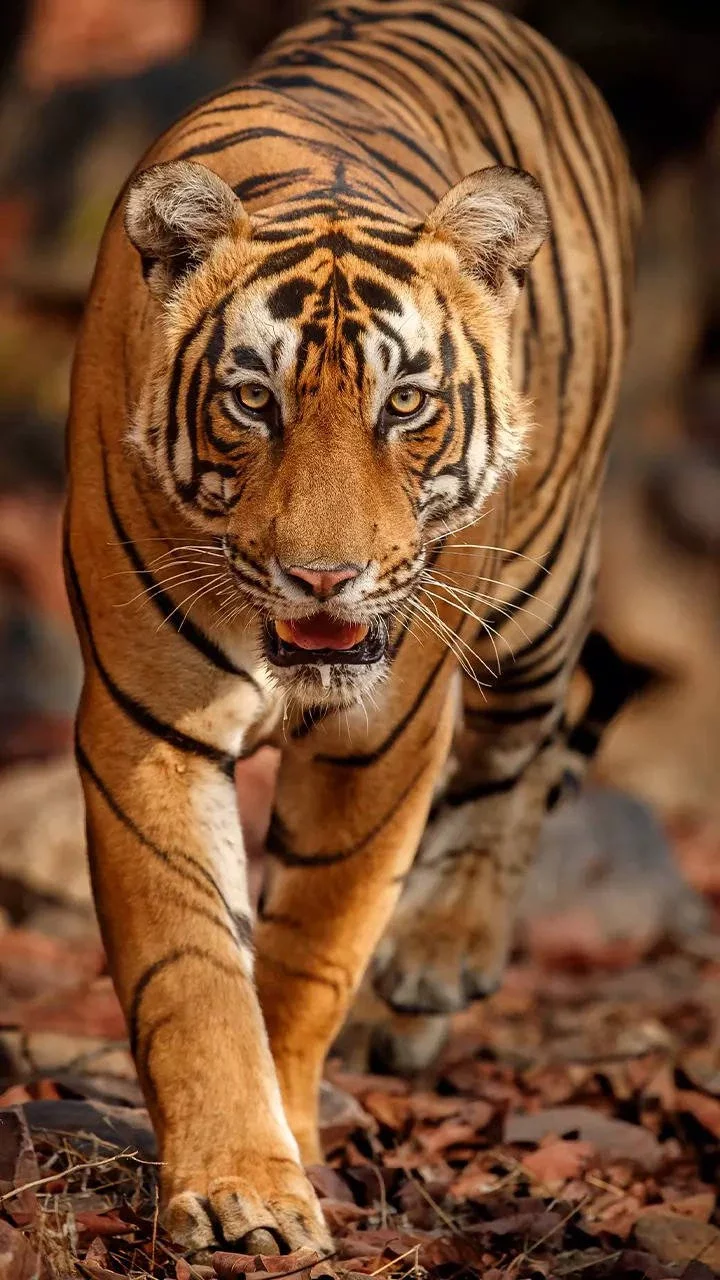
Tigers
Tigers, though predators, sleep about 16-20 hours. This resting behaviour helps them conserve energy for hunting, which requires intense bursts of energy.

Giant Pandas
Giant pandas can sleep for 10-16 hours a day. This lengthy sleep is essential for digesting bamboo, their primary food source, which is low in nutrients.

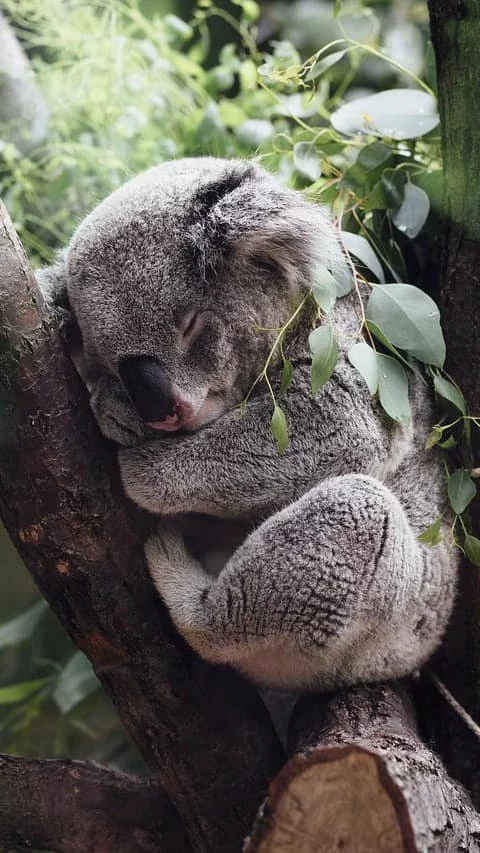

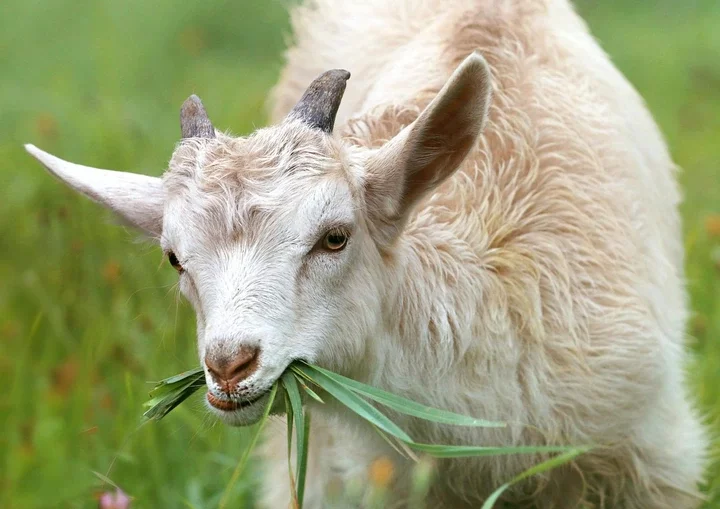












Comments